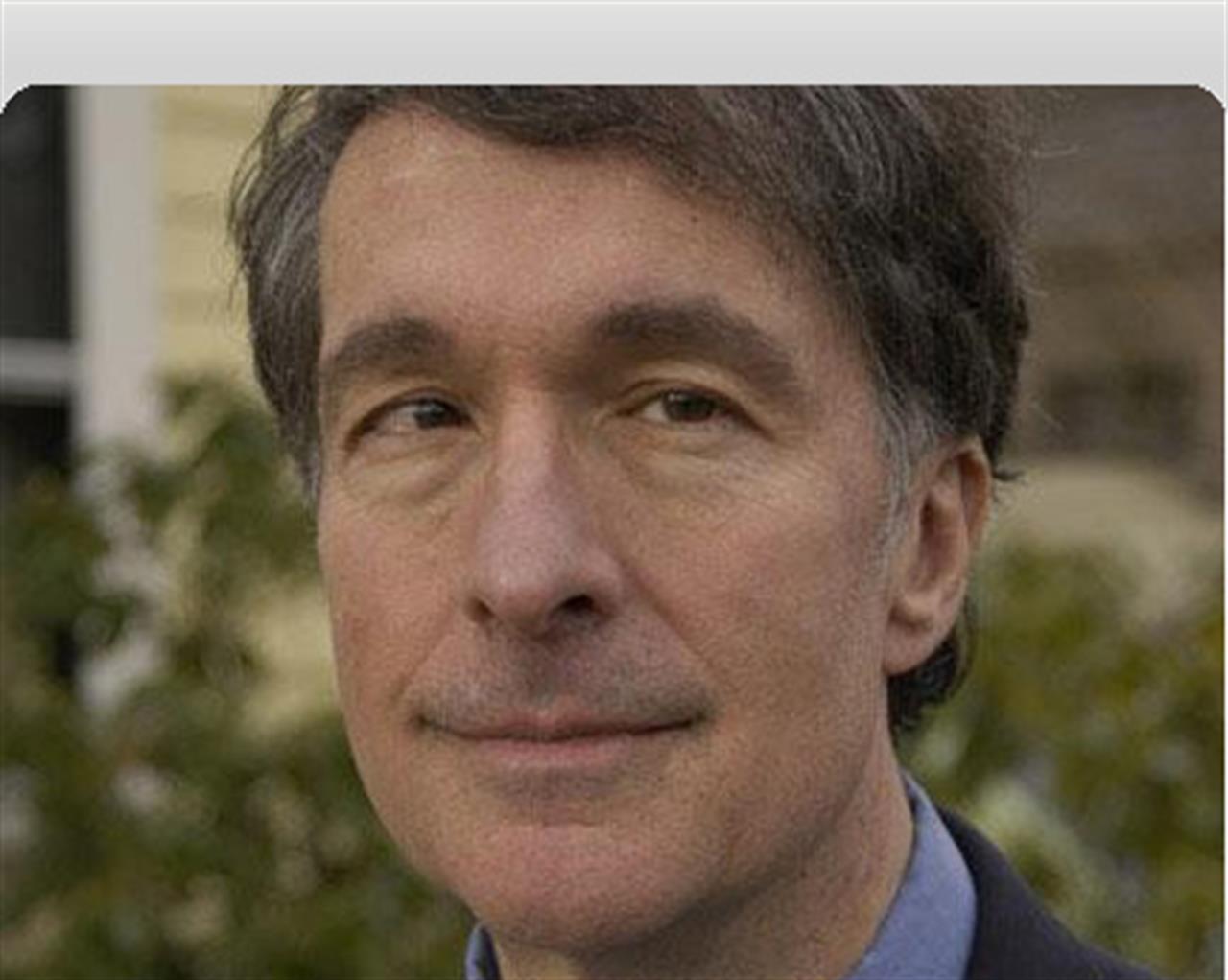Non profit
After Harvard? Let’s think about a social career
A prominent education professor at Harvard has begun leading “reflection” seminars to encourage students to consider public service

“Are Ivy Leagues schools simply becoming selecting mechanisms for Wall Street?” This is the provocation launched by Harvard professor Howard Gardner to encourage more students to consider public service and other careers beyond the consulting and financial jobs that he says are almost the automatic next step for so many graduates of top colleges.
According to the New York Times, Gardner has begun leading “reflection” seminars at three highly selective colleges, which he hopes will push undergraduates to think more deeply about the connection between their educations and aspirations.
Although others have expressed similar concerns in recent years, his views have gained support on the Harvard campus with students, faculty and even the new president, Drew Gilpin Faust, who made the topic the cornerstone of her address to seniors during commencement week. Dr. Faust noted that in the past year, whenever she has met with students, their first question has always been the same: “Why are so many of us going to Wall Street?”
In her speech, Dr. Faust highlighted the results of a spring survey by The Crimson, the student newspaper, which found that about 20 percent of this year’s graduates were heading into financial services and management consulting, down from about 22 percent last year.
Universities are so concerned about this issue that some — Amherst, Tufts, The University of Pennsylvania and Harvard, for example — have expanded public service fellowships and internships. “We’re in the business of graduating people who will make the world better in some way,” said Anthony Marx, Amherst’s president. “That’s what justifies the expense of the education.”
17 centesimi al giorno sono troppi?
Poco più di un euro a settimana, un caffè al bar o forse meno. 60 euro l’anno per tutti i contenuti di VITA, gli articoli online senza pubblicità, i magazine, le newsletter, i podcast, le infografiche e i libri digitali. Ma soprattutto per aiutarci a raccontare il sociale con sempre maggiore forza e incisività.
